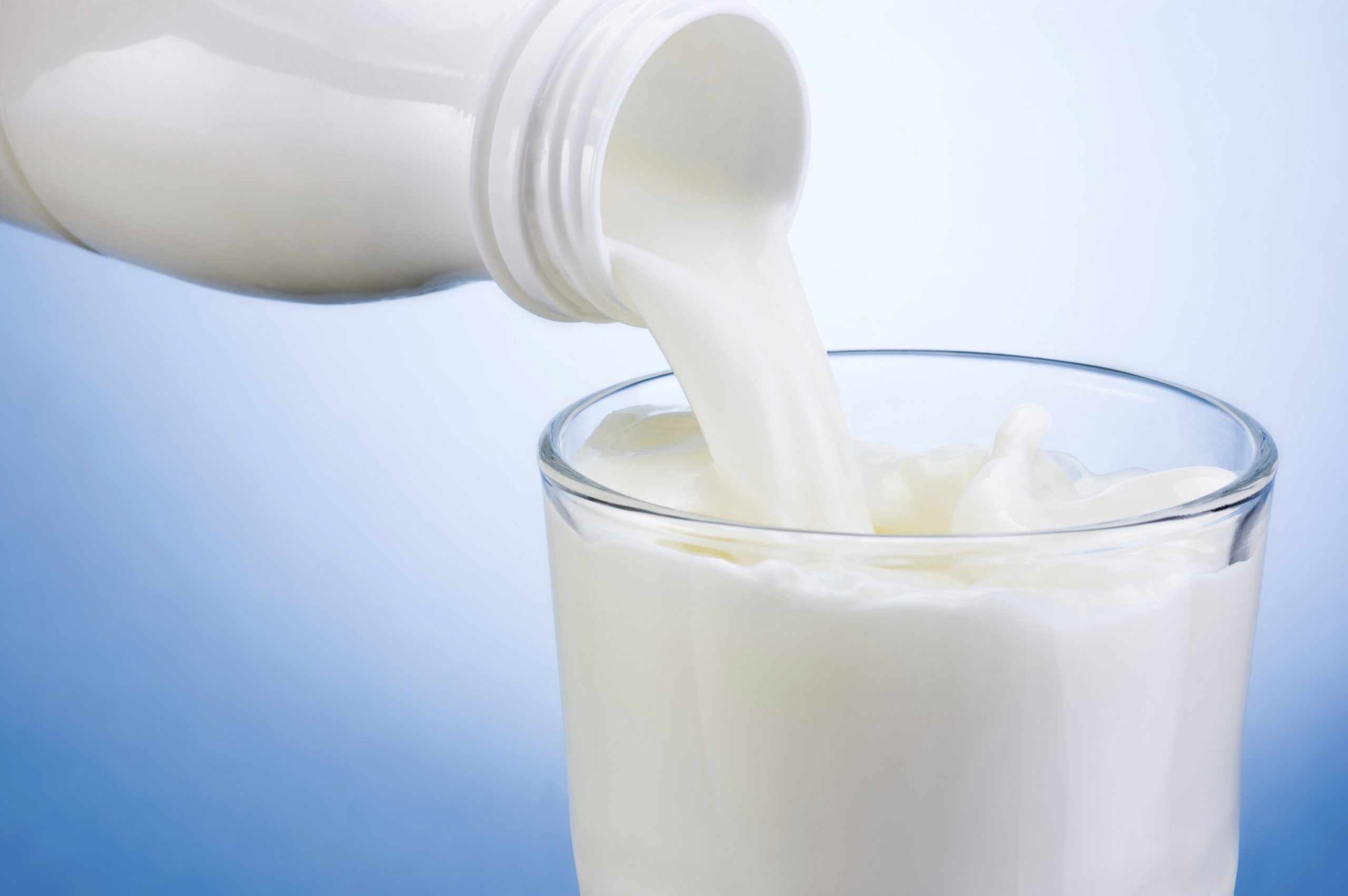The Central Bank of Nigeria (CBN) has added milk and dairy products to the list of items not eligible for forex but has exempted six companies from th
The Central Bank of Nigeria (CBN) has added milk and dairy products to the list of items not eligible for forex but has exempted six companies from the restriction, TheCable is reporting.
“As part of efforts to increase local production of milk, its derivatives and dairy products, the Central Bank of Nigeria has engaged with some companies in the industry who have keyed into the bank’s backward integration program to enhance their capacity and improve local milk production,” according to a notice published on the bank’s website.
“Accordingly, all authorised dealers are to note that all Forms ‘M’ for the importation of milk and its derivatives shall only be allowed for the following companies:
- Friesland Campina WAMCO Nigeria
- Chi Limited
- TG Arla Dairy Products Limited
- Promasidor Nigeria Limited
- Nestle Nigeria Plc (MSK only)
- Integrated Dairies Limited
“For the avoidance of doubt, all established Forms ‘M’ for the importation of milk and its derivatives for companies other than the above for which shipment has not taken place should be cancelled immediately.”
The exempted companies have begun investments in local milk production as part of the central bank’s backward integration plan.
Godwin Emefiele, the CBN governor, first confirmed plans to restrict forex for milk importation in July 2019 saying the bank is convinced that the product can be manufactured in Nigeria. In August 2019, President Muhammadu Buhari directed the apex bank to restrict forex for food importation saying the directive is to ensure steady improvement in agricultural production and attainment of full food security.
